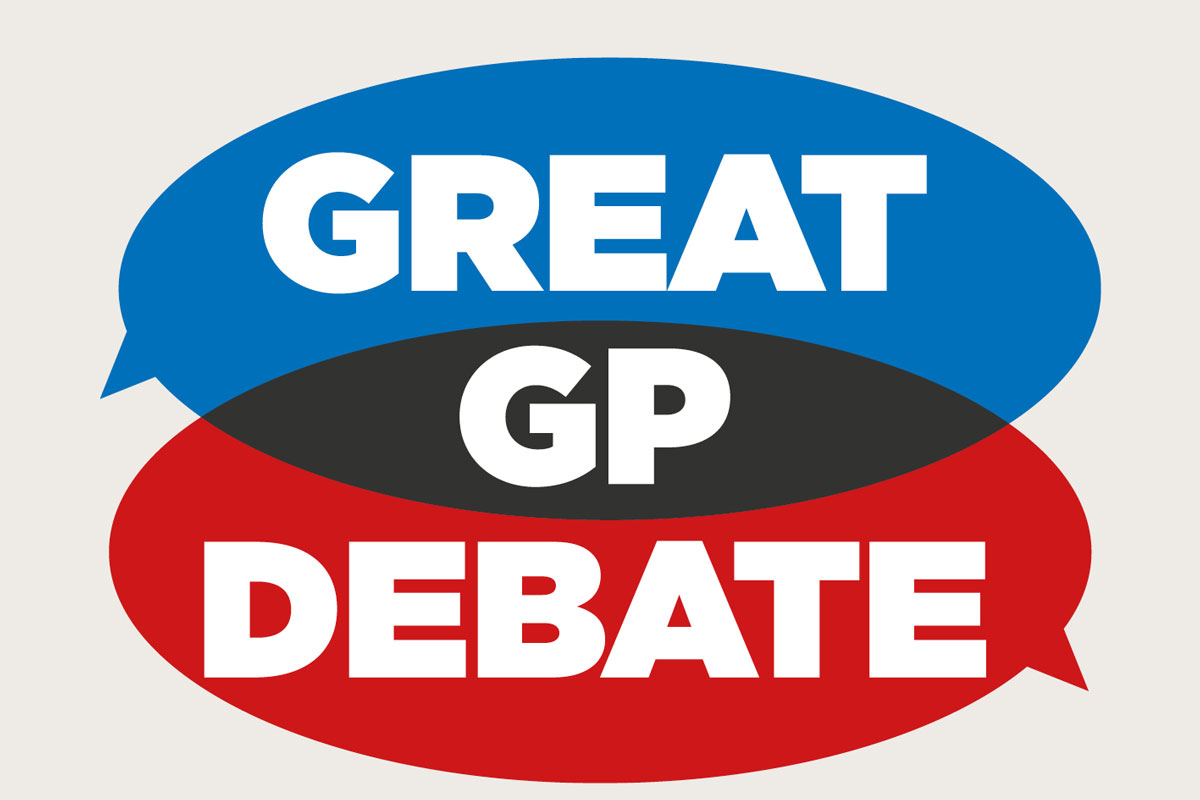
Blinded by love for a ‘seven-day NHS’, the Government first needs to tackle the issue of rising indemnity fees.
Here is the scale of crisis we are in. The overall NHS budget for 2015-16 was £116.4 billion. The NHS Litigation Authority (NHSLA) liabilities for current and future liabilities are around £28.6 billion costing £1,030 per English taxpayer.
According to the medical defence organisations (MDOs), inflation rate for clinical negligence claims is running at a record-high of 10%, meaning the size of claims is doubling every seven years. By a large margin, this is higher than inflation rates of any other goods or services in the UK. With very little hope of ceiling, this could make the NHS unsustainable.
The eye watering costs of indemnity premiums making GPs change their work patterns. The results of a survey I undertook, published in Pulse, reveal the gravity of the situation, with one in four OOH GPs reducing shifts because of indemnity costs.
The system now must cope with a winter that never seems to end
Many believe that the GPs are omnipotent bunch of professionals who can triage, manage long-term conditions, reduce inpatient workload by keeping patients out of hospitals, and thus reduce the spiraling costs of the NHS. However, no consideration is given to how they will accommodate if the GPs can’t work to their wanted capacity because of indemnity. OOH services are worst hit and one in ten areas reported that on several occasions in 2016, they had to close OOH centres or run shifts without a GP as there was none available.
How can we address this issue?
The NHSE 2015-16 winter indemnity scheme added 15,000 extra OOH shifts and the scheme was continued in 2016-17. What NHS England seems to have forgotten is that the system now must cope with a winter that never seems to end. My assumption is that the withdrawal of winter indemnity scheme this coming year will lead to a catastrophic collapse of OOH services. Take for example, £100 million allocated for GP triage in A&E – a more practical and effective use of this money would be by reimbursing GPs for indemnity fee hikes for all OOH shifts. This sort of intervention will encourage more GPs to take the shifts and address the workforce crisis and patient demands simultaneously.
A toxic culture to promote litigation that exists is leading to a higher volume of claims like never seen before. The Personal Injuries Act 1948 advocates calculating compensation on the basis of private rather than NHS care and need to be repealed. This law is outdated now as we have the NHS that provides a world class service, so there is no imminent need for private care. MDOs should be allowed to buy local authority and NHS care packages rather than high cost private care packages.
Our secretary of state keeps talking about a ‘no blame culture’ but we need action, and not just empty words. We need efforts from the Government to protect the NHS and NHS employees from litigation as is done for vaccines in the Vaccine Damage Payment Scheme; and more so because doctors, nurses, hospitals and GP surgeries are all regulated by various regulatory bodies like the GMC, NMC and CQC hence any complaints about issues on performance and delivery are already being thoroughly scrutinised and appropriately addressed. Legislation in Germany and Denmark promotes sanction-free reporting of errors and provides indispensable protection for the healthcare professionals, thus enabling a better learning in safe environment.
This does not mean we reject the policies of compensation for negligence for the affected patients. However, there could be a direct system as it prevails for vaccine damages. Over the last decade, the payout made by the NHS has trebled to more than £1.3 billion a year, out of which more than £299 million constitutes legal fees. However, since 2001 only 3.2% claims had damages proved by the court of law. The rest were settled out of court. Could we have used this money for making our NHS safer and more efficient? Of course it could.
Capping of legal costs for small claims need to be done sooner rather than later. Currently there’s a consultation about a cap on legal costs for all such cases up to £25,000. In some incidents, the cost of legal fees has been significantly more than the compensation pay out, and this is completely ludicrous and unacceptable. A new revised law needs to be implemented urgently.
We need a ‘strong political will’ to bring in these reforms, not ‘sticking plasters’. We all (healthcare workforce, patient groups and the media) need to come together to solve this issue.
Dr Preeti Shukla is a GP in Blackburn and member of the GPC’s sessional GPs subcommittee

















